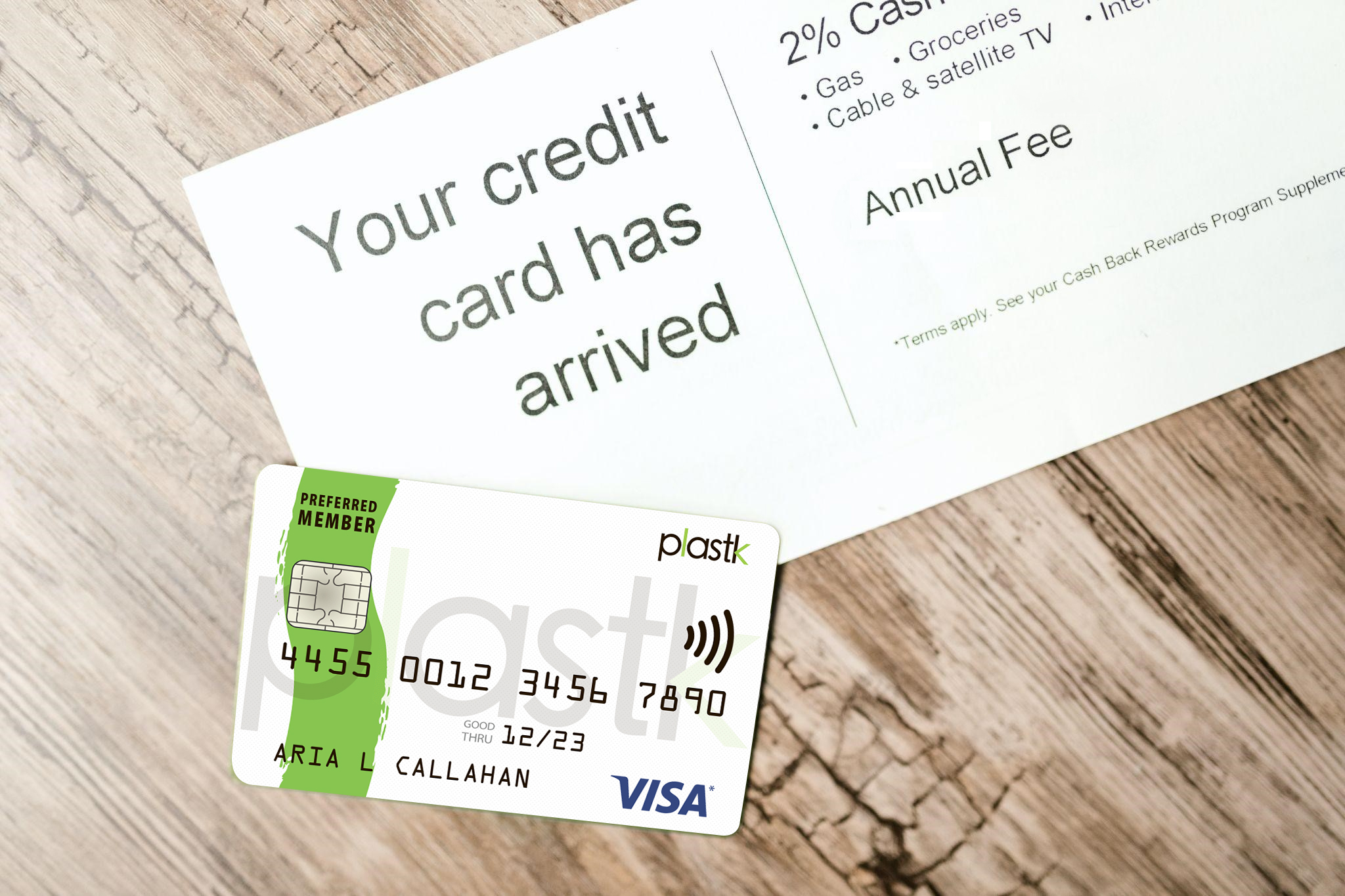Credit Tip Tuesday #87-Does It Hurt Your Credit To Apply For New Cards?

Image Credits: Pexels
Have you come across any new credit card promotions lately? Yes. What? You just finished watching an ad?
Hah, you might as well say that every new day brings a new card your way.
Have you ever been tempted by the bonus to the point that you almost clicked to sign-up for the card?
We totally get you! Some offers are too good to be true that you can’t help but try using them to see their authenticity.
But can you really do that? What if it hurts your credit score? What if it affects your credit history?
Here’s what you need to know before applying for a new credit card.
Applying For A New Credit Card: Does It Hurt Your Credit Score In Canada?

Image Credits: Pexels
There’s no simple answer to that. Yes. Literally!
In fact, it won’t be wrong to say that the chances of a new card hurting your score are 50-50.
Let’s understand what happens when you apply for a new card:
- The bank or company receives your credit application,
- Next, the lender initiates a request to access your credit report.
This is usually marked as a soft or hard inquiry on your credit record. The effect on your credit score depends on the type of inquiry made.
|
See: Credit card terms Part-I & Part-II to know what’s a hard and soft inquiry. |
In fact, inquiries may reduce your Equifax credit score by five points or even less.
However, this is not something to ditch the appealing credit card offer. Here’s why:
- Hard inquiries stay on the report for two years but lose the effect after a year - says Experian
- The five-score reduction gap can be quickly filled by using the card responsibly.
Yes, the payment history accounts for 35% of your credit score. So, if you can be a good card user for a few months, you can get your credit back on track.
Note: We do not in any way imply that you should only be financially responsible temporarily.
Trust us, developing budget-friendly money goals will only improve your credit profile for the best.
Effect Of New Card On Your Score: Good & Bad

Image Credits: Pexels
As we explained earlier, the chances are 50-50.
It can be good to increase your credit score quickly on the one hand and lower your credit age on the other hand.
The Good Points:
If you are applying for a new card to help rebuild your score, it’s definitely a good choice.
In fact, it will also support you in managing your finances better, thus lowering your credit utilization ratio.
You are no longer relying on one card to make all your purchases.
You can now use a high credit limit on multiple cards without worrying about exceeding your limit.
You might also get the advantage of maintaining a good payment history with your new card.
All these points will play an important role in improving your credit score for the better.
However, every coin has two sides. Let’s see the other one. :p
The Bad Aspects:
A new credit card means a new financial responsibility.
Sometimes, handling multiple credit cards can be too overwhelming.
You might end up overspending just to avail yourself of all the welcome bonuses the cards offer.
Getting new credit cards will also cause a dip in your average credit age which in turn might lower your credit score a bit.
However, continue to use the card responsibly, and it will work in your favor.
See: Impact Of Inactive Credit Cards On Your Credit Score!
Can You Apply For A New Card Without Affecting The Score?

Image Credits: Freepik
The answer is yes!
You can apply for a new card without hurting or affecting your credit score.
Well, if we elaborate, the process is called “pre-qualification for the card!”
The key is to understand where you stand.
- Read the approval rules of the company or bank before actually applying.
- Find the best card and measure your odds of approval.
This is the only way to save your credit score and history from ruining.
Also, a credit preapproval or prequalification form initiates a soft inquiry that won’t affect your credit report.
Here are some helpful tips for a smooth pre-approval:
1. Find A Prescreened Offer
Have you ever received a message or mail saying: Congratulations! You have been preapproved for the card.
Well, that’s a pre-screen offer right there.
Top credit bureaus of Canada might put your name in a list that says: these consumers fall in the good user category.
- You might have a perfect credit score range.
- Your recent payment history might make you stand out,
- Or, you have an error-free credit report that caused you to land a place on the list.
Creditors or lenders utilize these lists to send their ideal users an email or a call for pre-screening.
- Pre-screening offers reduce the chance of credit card application rejection,
- Which in turn can make you avoid getting an inquiry for no reason.
Because the moment you apply for the card, whether or not you are accepted, your credit report will show a hard or soft pull record.
2. Visit Your Card’s Company Site
Yes, you can increase your approval chances by directly asking the lender whether you qualify for the card.
- You can thoroughly search the website to find any related data,
- Look for a prequalification link that may redirect you to a page with all the essentials for the card.
Or, you can contact the company to know their terms and conditions for a profile like yours.
Here’s an easy comparison to help you understand better:
- Say you have a bad credit score,
- No credit history,
- And a compromised payment record.
What should you do to avoid any hard inquiries? Simple, make your decision wisely!
- Applying for a secured credit card will increase your approval chances,
- Whereas applying for an unsecured credit card will only result in a hard pull on your report.
You get the point, right?
Your goal should be getting the new card with the least damage to your credit report and history.
Can You Apply For As Many Credit Cards As You Want?

Image Credits: Pexels
If you want a direct answer, then yes, of course, you can!
However, as far as your credit score is concerned, you shouldn’t be doing that. Want to know why? Here you go:
- Every new credit card application will result in a new inquiry,
- Say you applied for 3 cards in one day; the 3 submissions will also result in 3 inquiries one day.
And multiple inquiries in a short time won’t look good for your credit score.
Moreover, it will signal to the bank or card service providers that your business is in trouble. Or, your personal finances aren’t up to the mark.
Now the question arises, how long to wait between credit card applications?
Forbes says it all - 90 days!
Yes, that’s true, you can apply for many cards at once whenever you please, but it’s better to take at least a 3 months gap between your applications.
Bottom Line
Do you want to get two new credit cards but worry it might permanently hurt your credit score? Yes? This guide is for you!
Getting a new card won’t always hurt your credit score.
In fact, often, it might help you build your bad history and work on your poor credit score.
But, of course, you can’t avoid a little dip in your credit score when you get multiple cards at once.
Don’t worry. It’s not as bad as you think!
Yes! Your credit score might drop temporarily, but that’s about it. There’s nothing you can’t recover with good money habits and responsible card usage.


